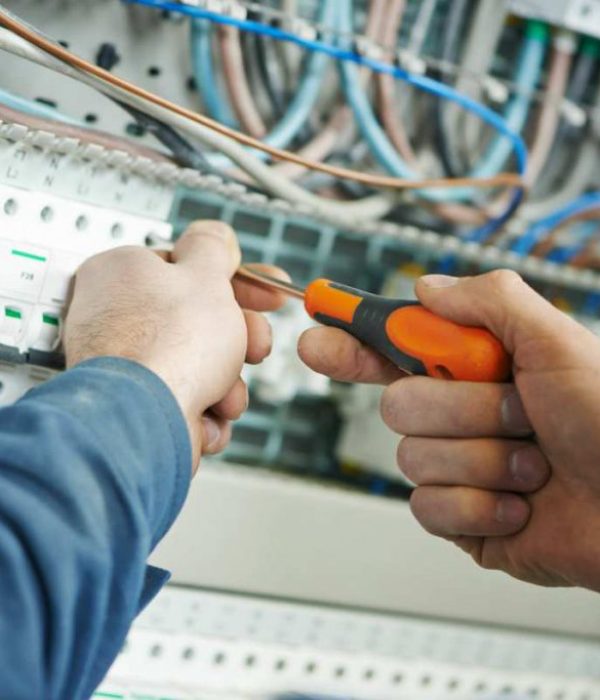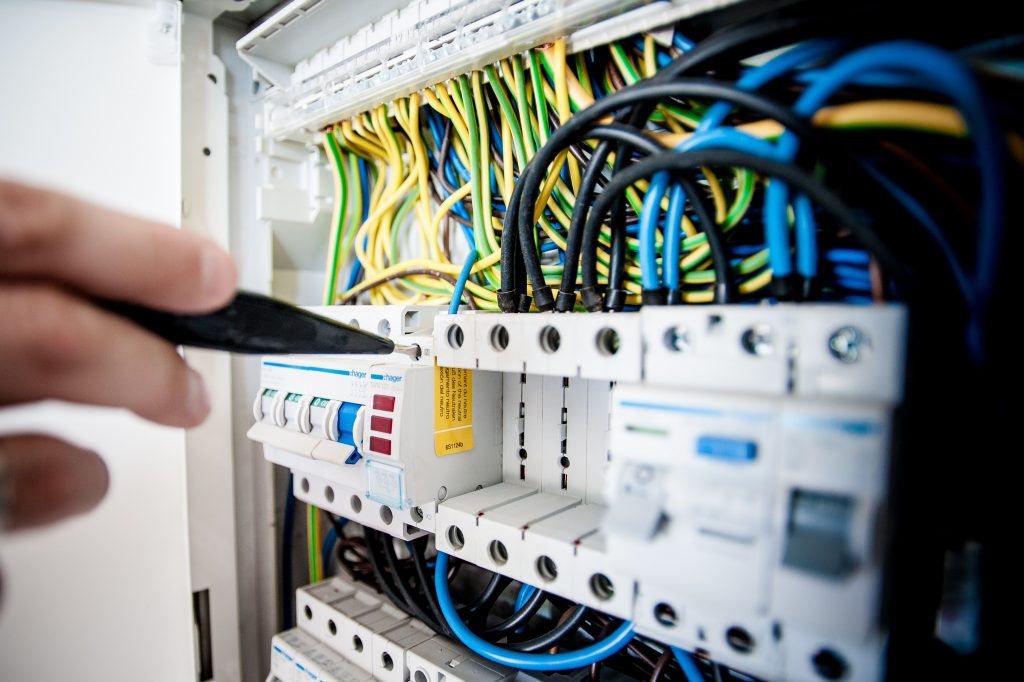EICR / Periodic Testing
Periodic Testing
Periodic Inspection and Testing Also Known As EICR or P.I.R. Fixed Installation, Mains Wiring Test or Hard Wire Testing, is a report on the electrical wiring of a property carried out by an accredited tradesman.
The report should outline any defects the properties electrical system may have and highlight any safety hazards or concerns. The integrity of a buildings electrical system is often taken for granted, yet it can be a major cause of fire or injury through electric shocks.
Why carry out fixed wire testing?
The Health & Safety Executive (HSE) recommends that in order to comply with the regulations, building owners should implement an inspection and testing programme.
All electrical installations deteriorate due to a number of factors such as damage, wear and tear, corrosion, excessive electrical loading, ageing and environmental influences.
The requirements for fixed installation testing are contained within the Institution of Electrical Engineers 17th Edition, Wiring Regulations (BS 7671).
Depending upon the type of establishment, the frequency of inspection and testing will vary. However, all electrical installations require testing to meet the requirements of the IEE Wiring Regulations.

Periodic Inspection and Testing Also Known As P.I.R. Fixed Installation, Mains Wiring Test or Hard Wire Testing, is a report on the electrical wiring of a property carried out by an accredited tradesman.
The report should outline any defects the properties electrical system may have and highlight any safety hazards or concerns. The integrity of a buildings electrical system is often taken for granted, yet it can be a major cause of fire or injury through electric shocks.
Why carry out fixed wire testing?
The Health & Safety Executive (HSE) recommends that in order to comply with the regulations, building owners should implement an inspection and testing programme.
All electrical installations deteriorate due to a number of factors such as damage, wear and tear, corrosion, excessive electrical loading, ageing and environmental influences.
The requirements for fixed installation testing are contained within the Institution of Electrical Engineers 17th Edition, Wiring Regulations (BS 7671).
Depending upon the type of establishment, the frequency of inspection and testing will vary. However, all electrical installations require testing to meet the requirements of the IEE Wiring Regulations.

Some environments, such as cinemas, are recommended to be tested annually whereas an office space, which is considered low risk, may only need to be tested every 5 years. Please see examples below.
Installation Type Max Period Between Testing
- Commercial – 5 Years
- Educational – 5 Years
- Hospitals – 5 Years
- Industrial Premises – 3 Years
- Care Homes -5 Years
- Hotels, Restaurants & Theatres – 1 Year
Periodic Testing – PROTECT | COMPLY | ASSIST – from £250 + vat
Some environments, such as cinemas, are recommended to be tested annually whereas an office space, which is considered low risk, may only need to be tested every 5 years. Please see examples below.
Installation Type Max Period Between Testing
- Commercial – 5 Years
- Educational – 5 Years
- Hospitals – 5 Years
- Industrial Premises – 3 Years
- Care Homes -5 Years
- Hotels, Restaurants & Theatres – 1 Yea
Periodic Testing – PROTECT | COMPLY | ASSIST – from £250 + vat

